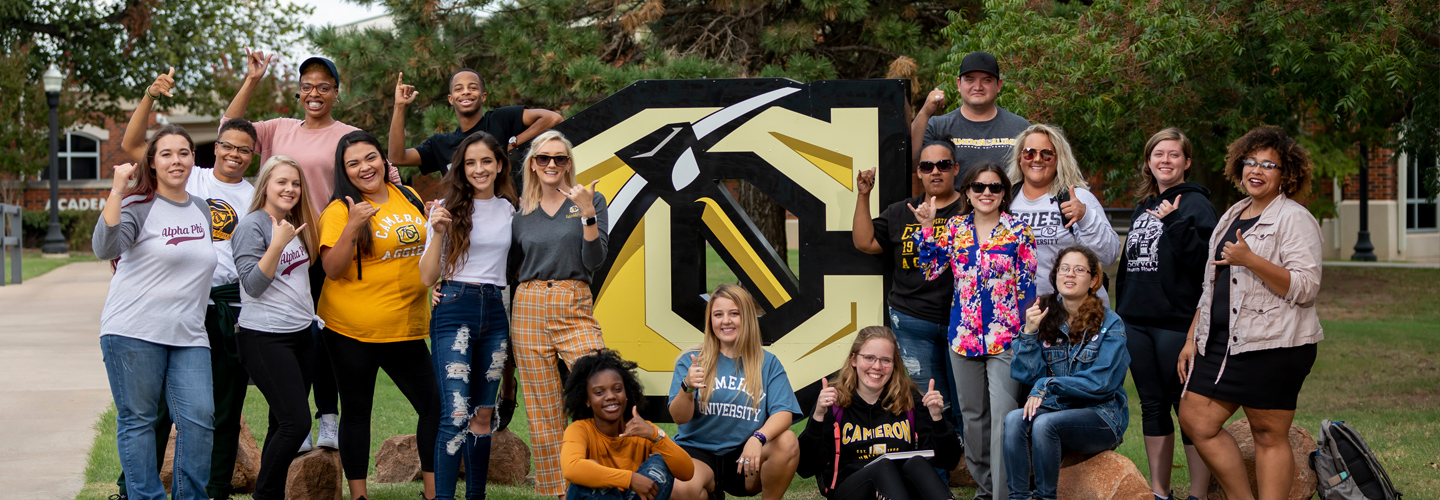PROGRAMS IN THE DEPARTMENT OF SOCIAL SCIENCES
130 - History - BA Outcomes
- Students will analyze historical texts for meaning.
- Students will construct a sustained and coherent argument based on both primary and secondary sources.
- Students will assess conflicting interpretations and views of past events and issues within the historical profession.
- Students will frame and articulate a research question and thesis and organize the results of research to support that thesis.
135 - Social Studies Education - BA Outcomes
- Content Knowledge: Candidates demonstrate knowledge of social studies disciplines. Candidates are knowledgeable of disciplinary concepts, facts, and tools; structures of inquiry; and forms of representation.
- Candidates plan learning sequences that leverage social studies knowledge and literacies, technology, and theory and research to support the civic competence of learners.
- Candidates design and implement instruction and authentic assessments, informed by data literacy and learner self-assessment, that promote civic competence.
- Candidates use knowledge of learners to plan and implement relevant and responsive pedagogy, create collaborative and interdisciplinary learning environments, and prepare learners to be informed advocates for an inclusive and equitable society.
- Candidates reflect and expand upon their social studies knowledge, inquiry skills, and civic dispositions to advance social justice and promote human rights through informed action in schools and/or communities.
162 - Political Science - BA Outcomes
- Students will demonstrate general knowledge of political science across the discipline's subfields.
- Students will apply the scientific method within the context of the social sciences.
- Students will demonstrate analytical and critical thinking skills.
- Students will write effectively.
180 - Sociology - BS Outcomes
- Students will recall the general concepts of Sociology.
- Students will use critical thinking skills to interpret sociological concepts.
- Students will interpret social phenomena by applying sociological theories.
- Students will write effectively.
251 - Criminal Justice Essentials - Certificate Outcomes
- Students will identify the history, development, functions, and procedures of the three major components of the Criminal Justice System.
- Students will understand the history, development, functions, and procedures of the correctional system in America.
- Students will describe the history, development, functions, and procedure of policing in America.
- Students will identify the various types and functions of criminal law.
- Students will explain the history, development, functions, procedures, and the various types and levels of the American court system.
551 - Criminal Justice - AS Outcomes
- Students will identify the history, development, functions, and procedures of the three major components of the Criminal Justice System.
- Students will understand the history, development, functions, and procedures of the correctional system in America.
- Students will describe the history, development, functions, and procedure of policing in America.
- Students will identify the various types and functions of criminal law.
- Students will explain the history, development, functions, procedures, and the various types and levels of the American court system.
580 - Criminal Justice - BS Outcomes
- Students will analyze the history, development, functions, and procedures of the three major components of the Criminal Justice System.
- Students will be able to analyze issues related to Criminal Justice Administration.
- Students will analyze the history, development, functions, and procedures of the three major components of the Criminal Justice System.
- Students will examine problems and issues related to Juvenile Justice.
- Students will investigate the history, development, functions, and procedure of policing in America.
- Students will recognize the history, development, functions, and procedures of the correctional system in America.
- Students will compare the major schools of thought with relation to the creation of law, deviance, and societal reactions.
- Students will interpret criminological research methods.

